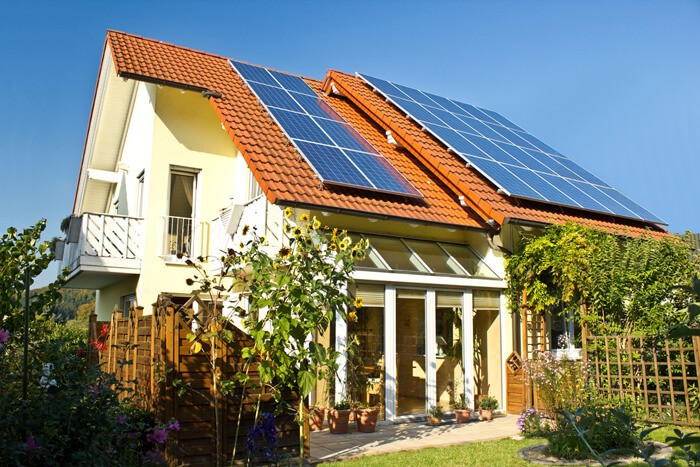Green Matters in Real Estate!

Your clients want to hear more about green real estate and why it matters, surveys show.
Whether they’re first-time buyers or existing homeowners, consumers are showing more desire to learn more about environmental matters in housing.
Indeed, 61 percent of homeowners have researched energy-efficient improvements, according to the Bank of America Homebuyer Insights Report. Eighty-six percent of homeowners say they have some type of energy-efficient product in their home.
And it’s not just a young generational thing. That same study shows that 93 percent of seniors say they have energy-efficient products in their home compared to 78 percent of millennials.
Indeed, more than half of REALTORS® say that their consumers are showing a greater interest in real estate sustainability issues and practices, according to NAR’s REALTORS® and Sustainability report, which stems from NAR’s new sustainability program. More multiple listing services are adding data fields to spotlight a property’s green features as well.
The green home features REALTORS® say their clients are showing the most interest in involve a home’s efficient use of lighting; a smart or connected home; green community features, such as bike lanes and green spaces; landscaping for water conservation; and renewable energy systems, such as solar and geothermal.
Housing experts offer up several ways homeowners can be more green with their homes and save money to boot, including:
- Upgrade leaky windows: About one-quarter of a home’s heat loss during colder months is due to the windows and doors. Buying energy-efficient windows can help to improve thermal insulation, preserve energy, and reduce noise and dust in the home, according to Ply Gem, an exterior building product company.
- Insulate walls and attic: An extra layer of insulation will help curb the work that your heating and cooling systems have to do, according to the BofA report.
- Improve the heating system and A/C unit: Air conditioning alone eats up more than 8 percent of all the electricity produced in the U.S. Heating accounts for 30 to 50 percent of annual energy bills and is the largest energy expense in most homes in moderate and cooler climates. A more energy-efficient system can help curb costs.
- Opt for vinyl: Vinyl is one of the most durable, cost-effective solutions for buildings because it’s low maintenance and boasts a long lifespan. It can help save on energy and material costs too, according to the U.S. Green Building Council. Opt for vinyl siding, fence, railing, and windows.

Realtor Mag
3 Graphs Showing Why You Should Sell Your House Now
If you’re thinking about moving, these three graphs clearly show that it’s a great time to sell your house.
4 Big Incentives for Homeowners to Sell Now
The key to continued success in the residential housing market is for more listings to come on the market. Are you ready to sell?
Americans Find the Nonfinancial Benefits of Homeownership Most Valuable
The non-financial side of homeownership is most valued after a year full of pandemic-driven challenges.
Patience Is the Key to Buying a Home This Year
Low inventory in the housing market isn’t new, but it’s becoming more challenging to navigate.
Will the Housing Market Maintain Its Momentum?
Experts have forecasted that total home sales (existing homes and new construction) will continue their momentum into next year.
4 Tips to Maximize the Sale of Your House
Despite the speed and opportunity for sellers, there are still steps you can take to prep your house so you get the greatest possible return.
Planning to Move? You Can Still Secure a Low Mortgage Rate on Your Next Home
To take advantage of today’s real estate market, experts are encouraging homeowners to act now before interest rates climb.
How Much Time Do You Need To Save for a Down Payment?
The national average for the time it would take to save for a 10% down payment is right around two and a half years (2.53).
93% of Americans Believe a Home Is a Better Investment Than Stocks
Housing represents the largest asset owned by most households and is a major means of wealth accumulation.
Some Buyers Prefer Smaller Homes
If your house is no longer the best fit for your evolving needs, it may be time to put your equity to work for you and downsize to the home you really want.









